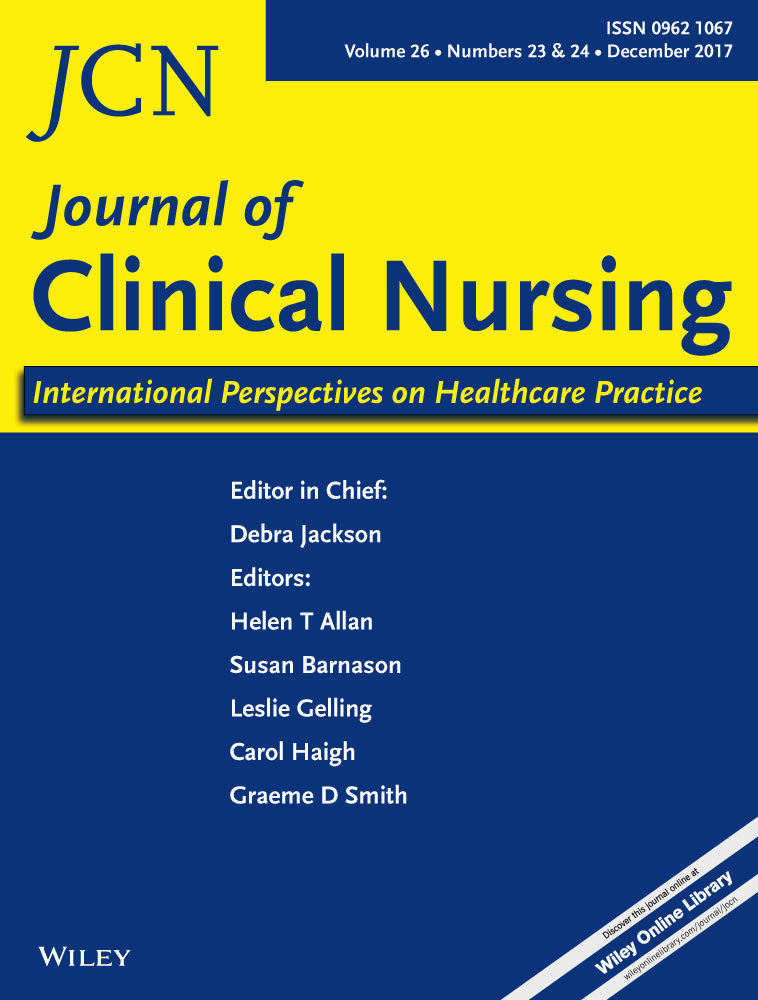Grief reactions of couples to perinatal loss: A one-year prospective follow-up
Funding information
This research was supported by Grant NSC-96-2314-B-273-003 from the Taiwan Ministry of Science and Technology.
Abstract
Aims and objectives
To explore couples’ perceptions of the effects of perinatal loss on their marital relationship, social support and grief 1 year postloss, and analyse what factors changed the severity of their grief.
Background
Perinatal losses are traumatic events in the lives of families and can have serious long-term consequences for the psychological health of parents and any subsequent children.
Design
A prospective follow-up study.
Methods
We recruited, at a teaching hospital in southern Taiwan, a convenience sample of 30 couples whose babies either miscarried or were stillborn. At 1 month (T1), 3 months (T2), 6 months (T3) and 1 year (T4) after the pregnancy loss, all participants completed four questionnaires. To analyse the changing status of their grief and its related factors, we used a generalised estimating equation (GEE) to account for correlations between repeated observations.
Results
Postbereavement grief levels fell over the four time-points. Mothers reported feeling more grief than did the fathers. Couples with a history of infertility, no religious beliefs or no living children before the loss felt more grief from a perinatal miscarriage or stillbirth. Furthermore, couples reported more grief if their marital satisfaction level was low, if their socioemotional support from husband's parents was low or if they had never participated in a ritual for their deceased baby.
Conclusions
Six months postloss is the crucial period for bereaved parents after a perinatal loss. Being a mother, having no previous living children and low-level socioemotional support from the husband's parents are significant high-risk factors for a high level of grief 1 year after perinatal death.
Relevance to clinical practice
We recommend that health professionals increase their ability to identify the factors that psychologically affect postloss grief. Active postloss follow-up programmes should focus on these factors to offer specific support and counselling.




